Lighting up the lives of Rohingya refugees
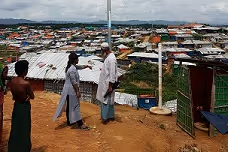
“The thief tied his ankles together with a rope and shimmied up the pole” explains Mohammad* as he points to the wires dangling from the lamp post.
These solar lamp posts had been installed by Oxfam two months earlier in the camp for Rohingya refugees in Cox’s Bazaar, Bangladesh. Whilst the contractors were installing the lamp posts, Mohammad and other community volunteers had been trained in care and maintenance of the lights and how to build a sense of community ownership over them.
Oxfam has been working with the Water, Engineering and Development Centre (WEDC) at Loughborough University to carry out global research on whether sanitation lighting reduces risks of gender-based violence in camps.
Last November an Oxfam/WEDC team travelled to northern Uganda to carry out research in the Rhino Settlement for South Sudanese refugees. We spent our days carrying out a survey, focus groups, and talking to government officials, local police, humanitarian workers and the refugees themselves about the existing solar lamp posts and household lanterns in different parts of the settlement. Each evening our team discussed the huge amount of information, learning and ideas we had gathered that day.
At the same time my colleague Floriane, in Cox’s Bazaar, Bangladesh, had been planning Oxfam’s response for Rohingya refugees. Despite being 7,000 miles apart, thanks to the wonders of the internet, we were soon exchanging ideas based on what we had found out in Uganda: that solar lamp posts quickly fall into disrepair once initial funding has dried up if there’s no plan or money for spare parts and repairs; that theft and vandalism are huge problems, but community groups can play an important role in looking after lamp posts.
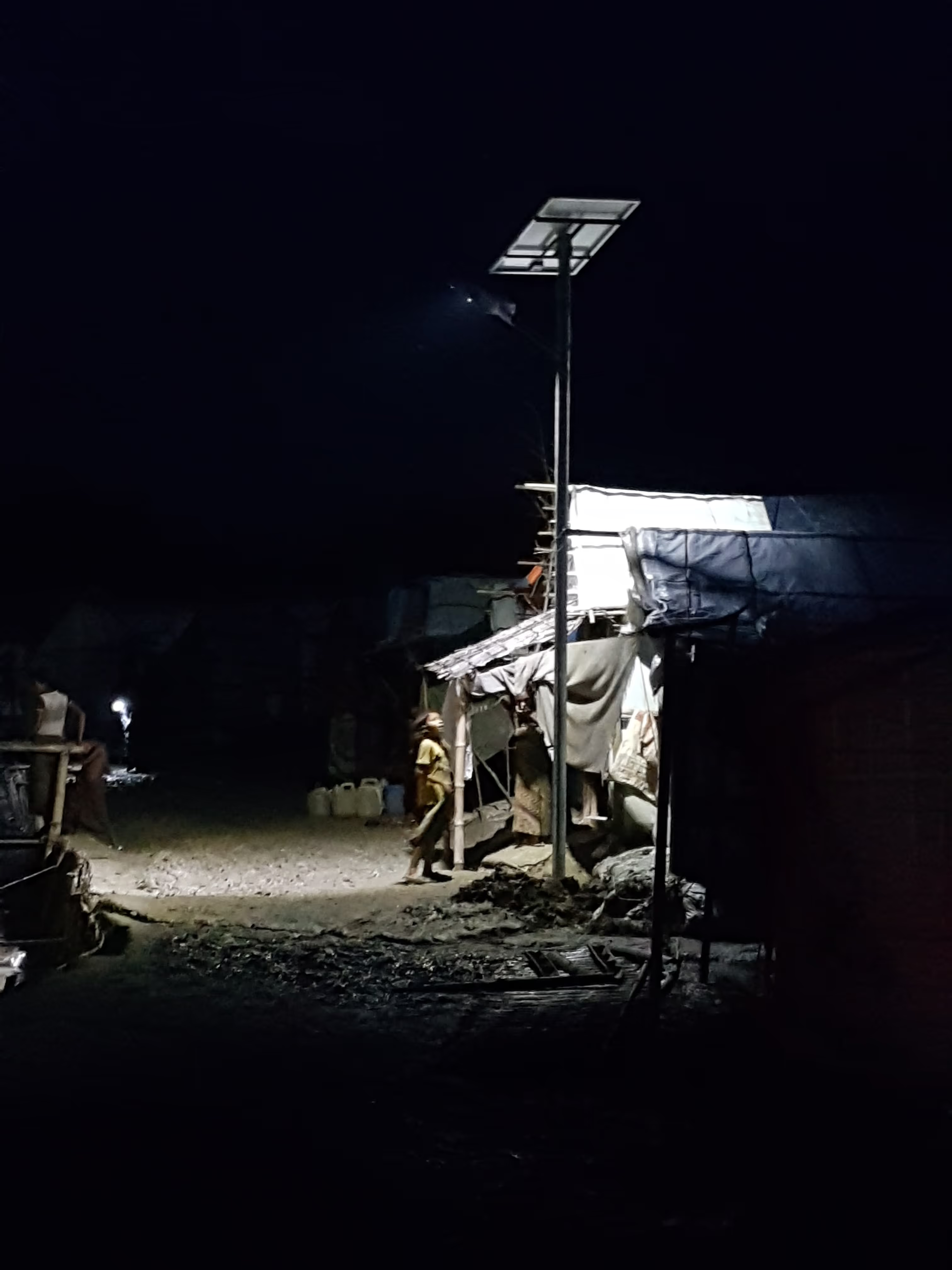
The main reason that women were leaving their shelters after dark was to go to the latrine and to collect water. The link between water, sanitation, lighting and women’s fear of sexual assault was very strong. In Uganda, all households had received solar lanterns, yet our survey showed that more than twice as many men had access to a solar lamp than women. We could also see that camps need multiple forms of lighting: lamp posts and other public lighting, general household lamps, and a torch or other directable light for moving about outside. When a household has only one light, it’s difficult and embarrassing for women and girls going to the latrine to take it and leave everyone else in darkness.
“What if you give each household two lights – a lantern and a torch?” we suggested to Floriane. We also told her about the problems of theft and vandalism of solar lamp posts, and the community maintenance groups that appeared to be reducing these risks.
“We can use a community-based approach to foster ownership of the lamp posts”, she suggested, “working with all parts of the refugee community to decide where the lampposts go, and train community groups to look after them.”
Within days the Oxfam team in Bangladesh were discussing potential sites with the refugees and finding out more about the fear and problems caused by lack of light.
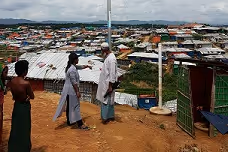
Six months later I’m here in Cox’s Bazaar looking at the lamp posts with Mohammed as he tells us the story of the attempted theft at lamp post 38. As soon as the thief was spotted up the pole, people living in nearby shelters ran to alert the lighting committee who chased the thief away. The lamp was damaged, but nothing was stolen. It’s early days, but so far, the lighting committee is working.
Informal discussions with women also indicated that giving two lights to each household has increased women’s access to light. Men take one light to go to market or attend the three calls to prayer that take place after dark, whilst women and children also have a light to use in the shelter, go to latrine or collect water. Everyone said the lighting helped them avoid falls and injuries as well as feel safer from intruders or strangers in the dark.
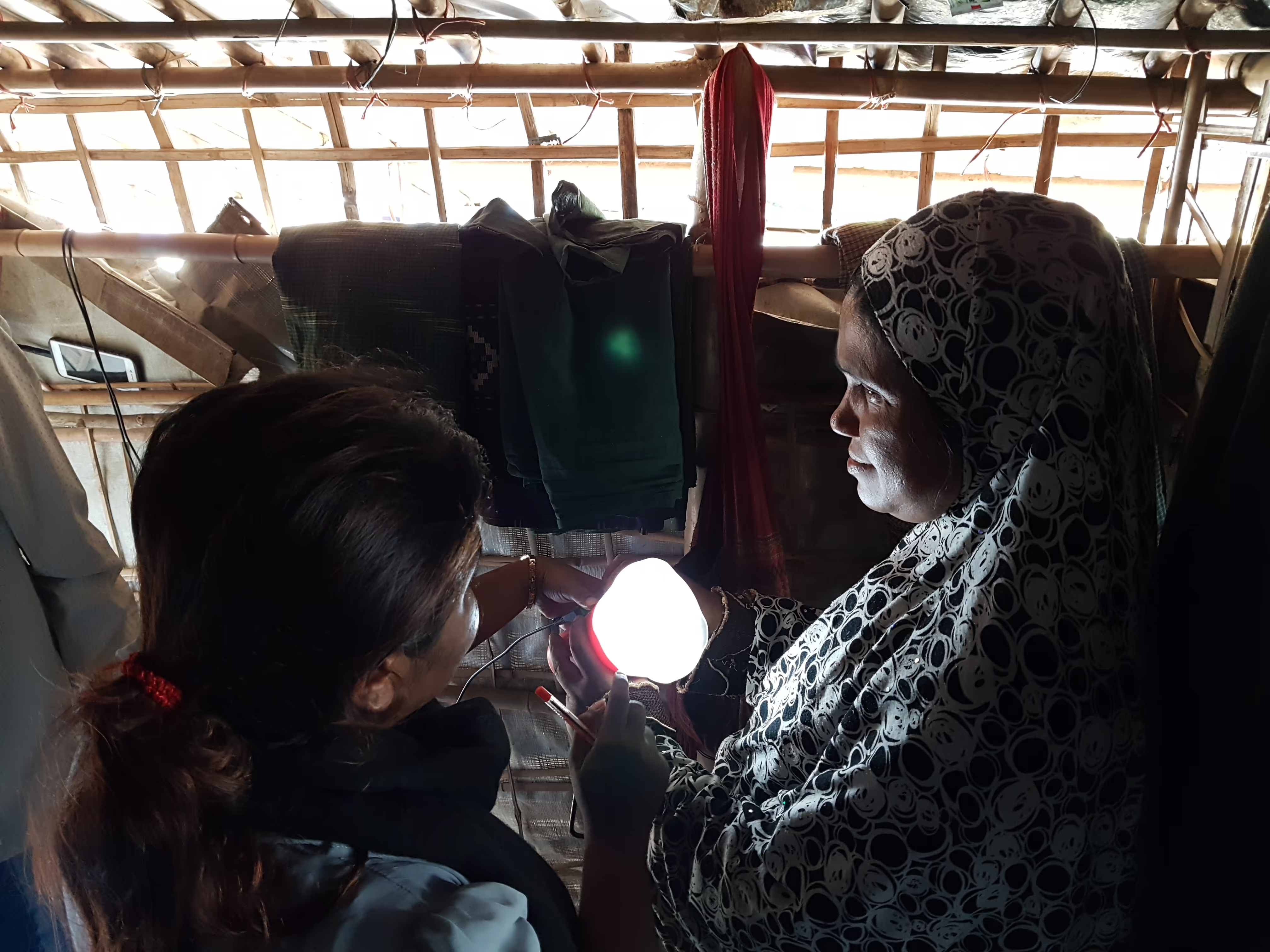
In another camp the first five solar lamp posts have just been installed.
As darkness falls the lampposts light up water points, latrines, bamboo bridges and the path to the Mosque. As we slip, trip and stumble through the mud, over uneven paths and trenches towards the lampposts, we get a sense of just how difficult and frightening it is to move around after dark. The lampposts attract attention and people are milling around, the atmosphere festive.
Putting up these lights, one woman tells us, is like giving eyes to a blind person.
In Cox’s Bazaar, Oxfam is advocating for all lighting initiatives to use a community-based approach. For the next phase of our own work we are targeting parts of camp that are particularly prone to crime and attacks. Learning from Oxfam’s global research on lighting in camps will be available in October 2018. For further information please contact [email protected]
*All names have been changed.
By Rachel Hastie
Stay updated
Sign up for our newsletter to receive regular updates on resources, news, and insights like this. Don’t miss out on important information that can help you stay informed and engaged.
Related articles
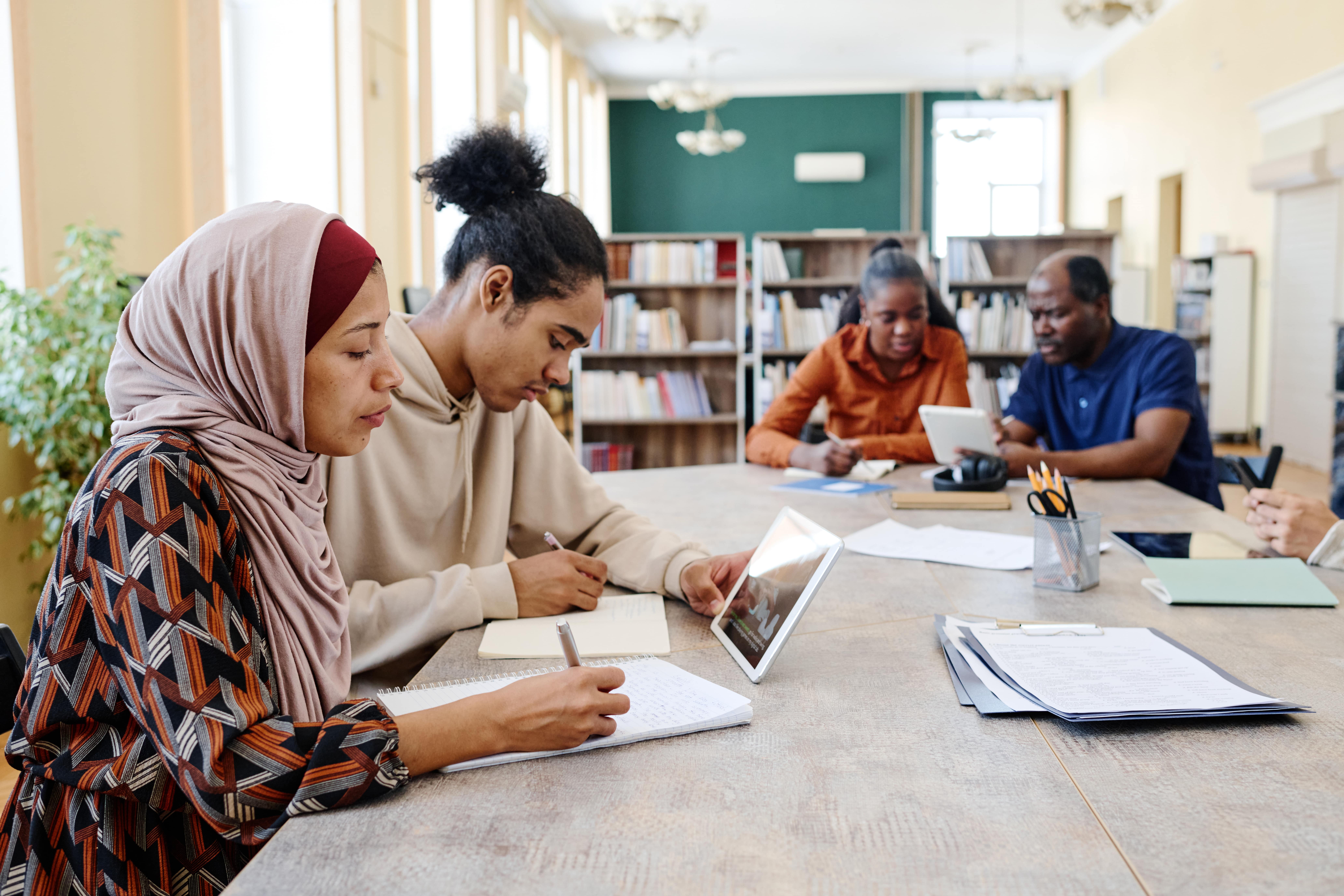
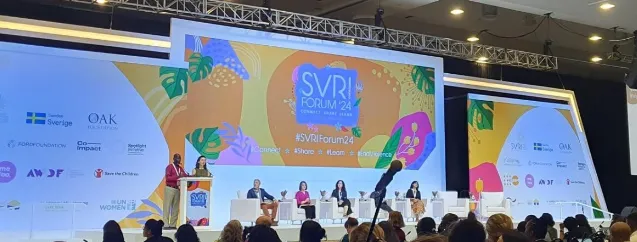
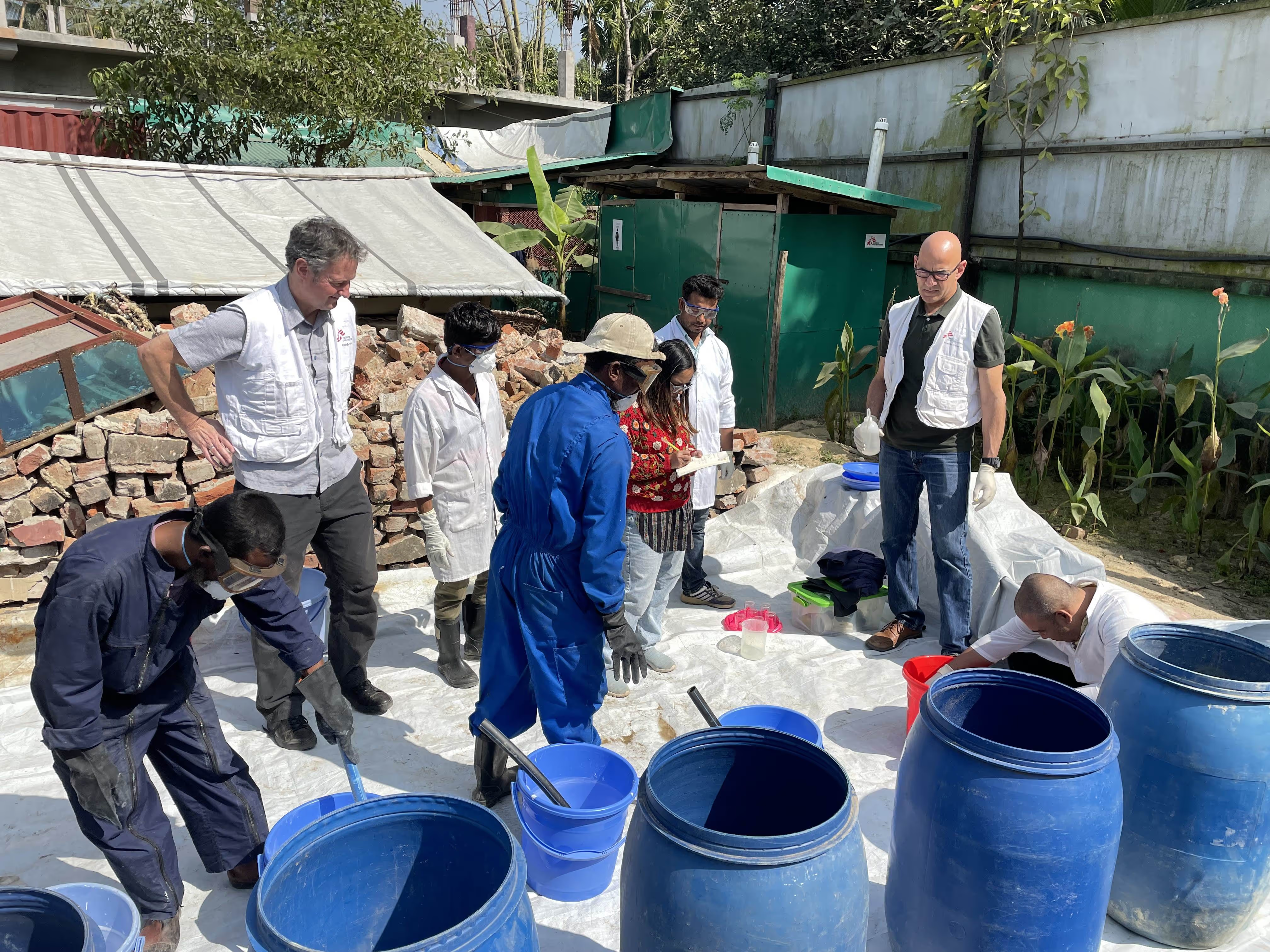
Explore Elrha
Learn more about our mission, the organisations we support, and the resources we provide to drive research and innovation in humanitarian response.